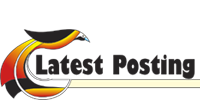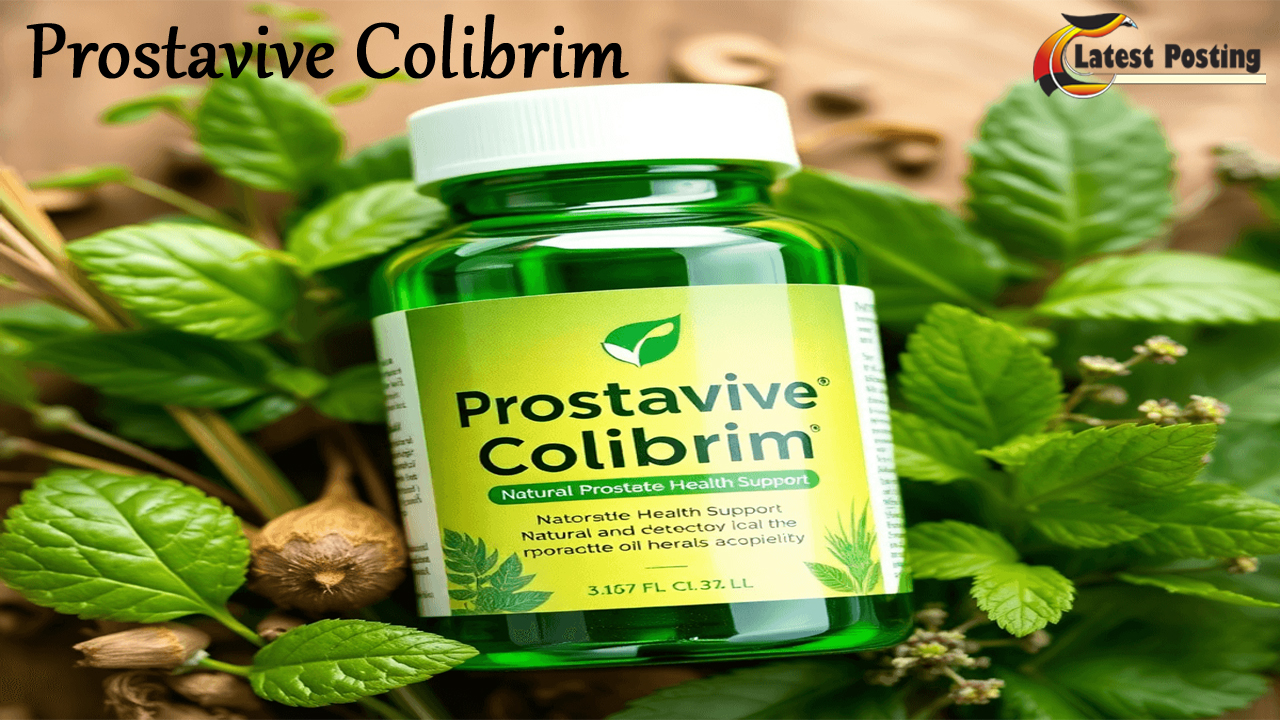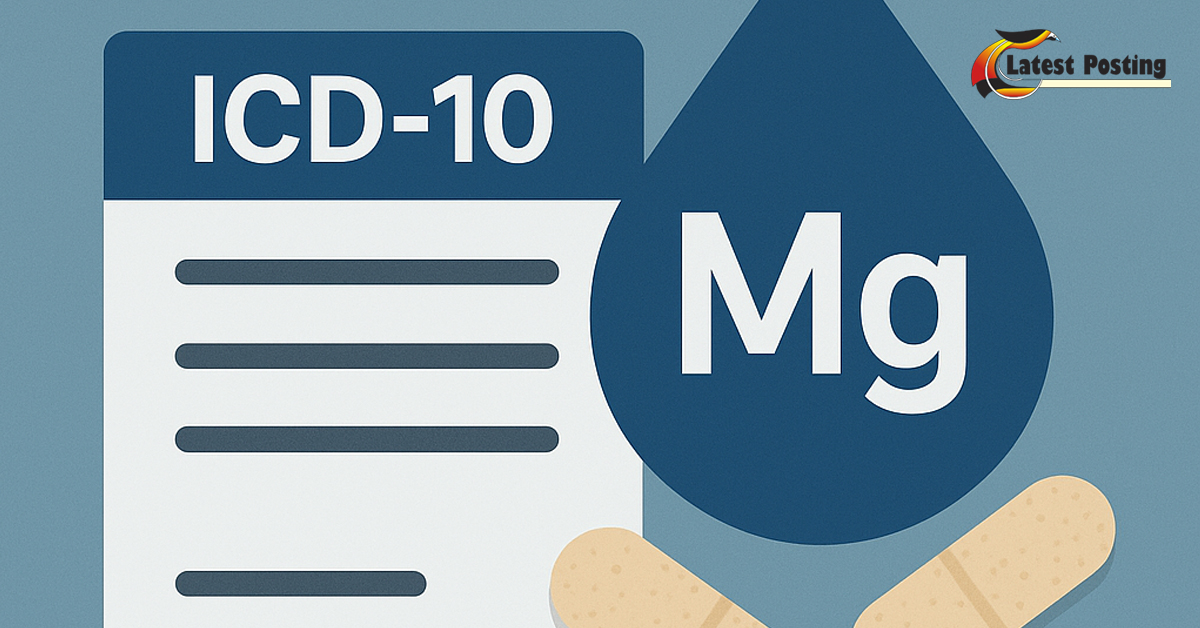I believe every mother has encountered the situation hiccups in babies after drinking milk, especially the newborn baby, who always likes to hiccup and takes a while before giving up.
The baby’s small breasts were trembling, and her mother felt uncomfortable looking at her, but she didn’t know what to do, so she could only worry.

Hiccups in babies are a common physiological phenomenon. They are caused by the involuntary contraction of the diaphragm, air is quickly sucked into the lungs, and the cracks between the vocal cords suddenly narrow, making a strange sound.
Many mothers are worried about the adverse effects of hiccups in babies?
In fact, hiccups are a common symptom in infants and have no adverse effects. Mothers do not need to worry too much.
But it is always bad for babies to hiccup all the time. Is there any way to prevent and stop hiccups in babies?
Tips for dealing with baby hiccups: Tips to help, focus on prevention, let nature take its course, and take it calmly.
What is babies hiccup
Babies hiccupping is a common and often amusing occurrence that parents may observe in their infants. Hiccups in babies are typically harmless and usually begin in the womb as early as the second trimester. While the exact cause of fetal hiccups remains unclear, it is believed to play a role in the development of the baby’s respiratory system.
After birth, hiccups continue to be a regular part of a baby’s life, and they are generally considered a normal reflex. The episodes are characterized by a sudden, involuntary contraction of the diaphragm, followed by a quick closure of the vocal cords, resulting in the familiar “hic” sound. Although the exact triggers for infant hiccups are not well-defined, common factors include overfeeding, swallowing air during feeding, or sudden changes in temperature.
Parents need not be overly concerned about baby hiccups unless they persist for an extended period or seem to cause discomfort. In most cases, hiccups resolve on their own and do not require intervention. However, if hiccups become frequent or bothersome, parents can try various soothing techniques like burping the baby, offering smaller and more frequent feedings, or adjusting feeding positions.
In essence, while baby hiccups may initially worry new parents, they are a normal part of an infant’s development and often disappear with time as the baby’s body matures.
What causes hiccups in babies?
There is a thin layer of muscle between the chest and abdominal cavity that protects the organs in the chest and abdominal cavity, called the “diaphragm.” Since babies mainly breathe abdominally, the diaphragm is part of the baby’s respiratory muscles. When the diaphragm suddenly contracts for some reason, it will cause rapid inhalation and “hiccups”.
Hiccups are very common in infancy, mainly because babies who are just one or two months old have immature neurological development. When they are slightly stimulated, such as inhaling cold air or sucking milk too fast or too much, the diaphragm will suddenly Contractions spasm, causing rapid inhalation, causing hiccups.
Hiccups themselves do not have any adverse effects on your baby’s health, so there is no need to worry too much. Human growth requires a process, as does the development of the nervous system. Hiccups are a normal reflex of the phrenic nerve and will not affect the baby’s development. Under normal circumstances, the baby’s condition will naturally improve after three months.
However, if the baby hiccups frequently and is accompanied by loss of appetite, weight loss, or frequent vomiting, it may be caused by pneumonia or adverse drug reactions, and the mother should take the baby to the hospital for detailed examination immediately.

Swallowing air
Your baby may hiccup after crying or eating. This is usually caused by swallowing air. Burping often helps calm an excited or overly nervous baby. Breastfeeding can also reduce hiccups because you usually swallow less air than with a bottle.
Eating too quickly
The size of the nipple of a feeding bottle is particular.
If the mouth of the bottle is too small, the baby often sucks hard and inhales air and burps;
However, if the mouth of the bottle is too large and the baby eats too quickly, it will also cause hiccups.
If the baby eats too much, it is easy to cause qi stagnation and reverse movement of gastric qi, which may cause hiccups. At this time, you can gently pat the baby’s back until the hiccups stop.
If your baby is bottle-fed, check to make sure the milk isn’t flowing too quickly. Milk should trickle slowly from the teat hole rather than run out. If the milk flows smoothly, replace the nipple with a small hole.
Catch a cold in the abdomen
The baby suddenly hiccups continuously, and the hiccups are high-pitched and powerful. This is usually caused by the baby catching a cold. A cold may be caused by a cold abdomen or eating raw or cold food. Feed the baby some warm water, and cover the chest and abdomen with cotton warm clothes. In winter, you can also put a hot water bottle outside the clothes and quilt to keep warm, which can relieve hiccups.
Too much food
If your baby smells a sour smell when he hiccups, it means that the baby hiccups because the food cannot be digested. For hiccups caused by undigested food, the baby can drink hawthorn water to help the baby digest and defecate. After digestion, the gas will naturally flow smoothly, and then the hiccups can be effectively stopped.
diaphragm exercises
Babies begin to hiccup in the womb for unknown reasons, but it may be an exercise for the diaphragm muscles to prepare for future breathing. During the second trimester, most expectant mothers can feel their baby hiccupping at times.
Babies under three months old are most likely to hiccup
Generally, within three months after birth, babies will often hiccup, and they usually occur after drinking milk.
Before talking about the reasons, let us first understand the diaphragm, a very thin muscle that separates the human chest and abdominal cavity. It is a very important respiratory muscle in the human body. When the diaphragm contracts, it expands the chest cavity causing inhalation. When the diaphragm relaxes, it reduces the volume of the chest cavity and causes expiration.
Because the baby’s nervous system is not fully develop before 3 months old, and the autonomic nerve function that regulates diaphragm movement is relatively weak, when the baby is expose to certain external stimuli, such as: sucking milk too fast, too fast, laughing , breastfeeding after crying, too cold milk powder, overeating, etc. will stimulate the autonomic nerves and cause the diaphragm to spasm, making a “burp” sound. When the baby is 3 months old, as the autonomic nerve that regulates the diaphragm becomes more and more develop, the phenomenon of hiccups will be significantly reduce.
Most babies’ hiccups are physiological phenomena and will stop after a while. A few will last longer, about 5-10 minutes.
Therefore, parents do not need to worry too much and can alleviate it through the following methods.

6 tips to stop hiccups quickly
1 Hold baby upright
After feeding, you can hold your baby upright and gently pat his back to help the baby expel the air in his stomach.
Three steps to pat your baby on the back for hiccups
① If the baby is lying on the bed, you can hold the baby’s butt with one hand and the baby’s neck with the other hand, and hold the baby upright.
② Whether standing or sitting, it is best for the mother to hold the baby as upright as possible on her shoulders, gently hold the baby with the strength of her hands and body, and rest her head just on the mother’s shoulders. At this time, if the scarf wrapping the baby is relatively short, the mother can add a small towel on the shoulders to prevent the baby’s burped milk from sticking to the clothes.
③ Put your five fingers together, bend your fingers slightly to make the palm of your hand hollow, and then gently tap upwards from the top of your butt to the bottom of your neck. Pay attention to the air leakage when patting. You can pat it continuously for more than ten times.
You can also gently rub your baby’s abdomen to help with exhaust. Or let the baby lie on his back on the bed, put a small pillow that is not too high, and then put the baby’s hands behind his head, which can also quickly eliminate hiccups.
2 Tickle the baby
Pick up the baby and use the tip of the index finger of one hand to gently tickle the baby’s mouth or ears. Generally, the hiccups will disappear naturally until the baby cries. Because the nerves around the baby’s ears and mouth are relatively sensitive, tickling can relax the nerves and make the hiccups disappear.
3 Give warm water
If your baby suddenly starts to hiccup while laughing or crying loudly. And the hiccups are loud and continuous, it is usually caused by inhaling cold air. At this time, you can give the baby some warm water. And at the same time keep the chest and abdomen warm, and the hiccups will usually stop.

4 Acupressure
Mothers can use their middle fingers and thumbs to gently massage the inner and outer guan points of the baby. When the baby feels the stimulation of the acupuncture points, he usually stops hiccupping.
The Neiguan point is generally located three finger widths upward from the wrist crease and in the middle of the palm side of the forearm; while the Waiguan point is located three finger widths upward from the wrist crease and in the middle of the back of the forearm. It should be noted that the width of the “three fingers” varies from person to person. In other words, when finding acupuncture points for adults, use the adults’ fingers to measure them; when finding acupuncture points for babies, use the baby’s fingers to measure them.
5 abdominal massage
If the baby burps and has a sour smell, it means that the baby has milk stasis. Parents can use methods of digestion and stagnation, such as drinking hawthorn water, and giving their babies more abdominal massage.
When massaging the baby’s abdomen, the mother needs to quickly rub her hands to heat them up, then put her palms towards the baby’s navel and gently rub downwards in a clockwise direction. This method can not only effectively stop hiccups, but also treat Very helpful for baby constipation.
6 Bouncing the soles of the feet
The soles of the baby’s feet are relatively sensitive parts. The mother can gently tap or pinch the soles of the baby’s feet with her hands to make the baby cry due to discomfort or pain. This can stop the contraction of the diaphragm and the hiccups will disappear naturally.
How to prevent hiccups in babies?
In addition to physiological reasons, baby hiccups are often cause by improper care by parents. Therefore, as long as parents pay attention to the following points, they can effectively reduce the frequency of hiccups in their babies.
1 Adhere to scientific feeding
If the baby eats too much, or eats too cold food, or eats milk too quickly, the function of the spleen and stomach will be weak, causing gastric , causing hiccups. Therefore, when feeding your baby, pay attention to the temperature of the food. In addition, you should try to avoid breastfeeding when your baby is crying or hungry to prevent your baby from eating too fast, too hastily, or being too full.
For breastfed babies, if the milk flow is large and fast, you need to press the nipple to control the flow during breastfeeding. For artificially fed babies, you need to pay attention to the nipple hole not being too large or too small. If it is too large, the baby will eat too quickly. If it is too small, it is easy to suck in too much air due to hard sucking.
2 Pat on the back after eating
After feeding, mothers can hold the baby upright and let the baby’s head rest on the mother’s shoulder. Before holding the baby upright, you can put a small square towel on your shoulders to prevent the baby from spitting up milk and staining the clothes. Then follow the direction “from waist to neck” and gently pat the baby’s back with a hollow palm. Repeat this until the baby is help to burp and the excess air in the stomach is discharge. And then the baby is put down.
3 Keep your belly warm
Usually, it is necessary to keep the baby’s abdomen warm. Especially when the baby is sleeping, parents can cover his navel with a quilt or sheet. The temperature should not be too low when turning on the air conditioner in summer, preferably 26-28°C.
4 Choose special milk powder for your baby
If your baby is lactose intolerant, he will experience gas, burping, farting, diarrhea. And other indigestion symptoms after eating breast milk or milk. For this kind of baby, if the symptoms are not severe. Parents can feed them in small amounts and multiple times. If the symptoms are severe, you can add lactase to the baby before feeding, or switch to diarrhea milk powder.
Children with milk protein allergy may also experience indigestion after eating milk and other allergenic foods. For such children, depending on the severity of symptoms, they can be switch to hypoallergenic milk powder.
5 Maintain a quiet breastfeeding environment
When feeding the baby, keep the surrounding environment quiet. Do not feed the baby when the baby is excessively hungry or crying violently. You can coax the baby first to make him quiet.
6 Correct breastfeeding posture
Mothers should pay attention to the feeding posture when feeding. And try to avoid feeding in hurry or too quickly. As well as making milk powder that is too hot or too cold.
7 The feeding time at one time should not be too long
Don’t feed the baby for too long. Let the baby take a break between feedings. Let the baby stand upright on your lap. Tease him and gently pat his lower back to release air to avoid continuous hiccups.
As for hiccups in babies, they are actually mostly benign and self-limiting hiccups. They don’t feel as uncomfortable as adults do. They get better after a while, so parents don’t need to worry too much.





One thought on “What causes hiccups in babies? What to do when babies hiccup and how to stop hiccups, this article explains it!”